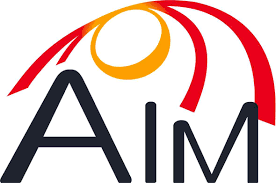The nature of dark matter remains as one of the big unknowns of our time. The general expectation for the coming years is that Euclid, DESI, Rubin LSST, among others, will facilitate the production of wide-field galaxy surveys with exceptionally precise measurements, which will be crucial for unraveling the mysteries surrounding dark matter. We eagerly anticipate that the new observations will reveal deviations from the canonical cold collisionless dark matter paradigm, offering insights into its true nature. However, the key question lingers: will it really happen? What is missing now, that Euclid and others state-of-the-art facilities will change? In this seminar, I will strive to address these questions and review the latest status on dark matter searchers, in order to give you an impression of where we are in the search for dark matter and where we are going.
Throughout the seminar, I will also provide an overview of my work on the nature of dark matter and delve into the pivotal role that cosmological simulations of galaxy formation play in this quest. In the interpretation of data from both current and upcoming state-of-the-art observatories, cosmological simulations have emerged as indispensable tools. Simulations have convinced us of the success of LCDM over large scales, and have given us the capability of breaking the degeneracy driven by baryonic physics and dark matter models. However, can we
really trust the outcomes of simulations? with their limited resolution and ad-hoc subgrid prescriptions for galaxy evolution. Maintaining a critical perspective on the observational data we work with and the simulated data we generate daily is crucial for advancing in this field. During the seminar, I will provide updates on the current challenges faced by cosmological simulations and highlight the progress they have achieved.
I plan to be as efficient as possible to ensure time for a concluding session that hopefully leaves you with food for thought—an engaging discussion about the future. What steps lie ahead in the development of cosmological simulations? What about on the nature of dark matter? What synergies are needed to be forged between theoretical advancements and observational endeavours? And, importantly, what role will DAp play in this unfolding narrative? Let’s chat more on Tuesday 21 Nov. at 10 am.
Contact local : Frédéric BOURNAUD
Organisateur : Carlos GÓMEZ GUIJARRO
DAp


